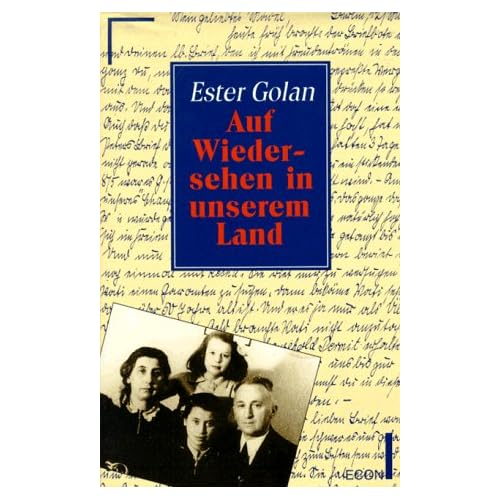Snow White luvs Peter Pan
Proud Member
I've already read:
The Diary of Anne Frank which made me sad because she died 2 months before the Bergen Belsen concentration camp where she was captive was set free by the Russian army. It also surprised me her maturity at such a young, at moments while I was reading it, it seems she was the only sane one from her family.
Five Chimneys by Olga Lengyel which was if I'm not mistaken, the first book published by a Holocaust survivor. That book made me hate and despise Josef Mengele! he profaned The words and practice of Science and Medicine in the name of Nazi's racist supremacy ideals! uke:
uke:
Nunca jamás (Never Again) by Dunia Wassertrom a French survivor who emmigrated to Mexico when she was set free, unfortunately it isn't available in English but her testimony is as crude, merciless as Olga's.
Is it worthwhile reading Mein Kempf?
Thank you!
The Diary of Anne Frank which made me sad because she died 2 months before the Bergen Belsen concentration camp where she was captive was set free by the Russian army. It also surprised me her maturity at such a young, at moments while I was reading it, it seems she was the only sane one from her family.
Five Chimneys by Olga Lengyel which was if I'm not mistaken, the first book published by a Holocaust survivor. That book made me hate and despise Josef Mengele! he profaned The words and practice of Science and Medicine in the name of Nazi's racist supremacy ideals!
Nunca jamás (Never Again) by Dunia Wassertrom a French survivor who emmigrated to Mexico when she was set free, unfortunately it isn't available in English but her testimony is as crude, merciless as Olga's.
Is it worthwhile reading Mein Kempf?
Thank you!

